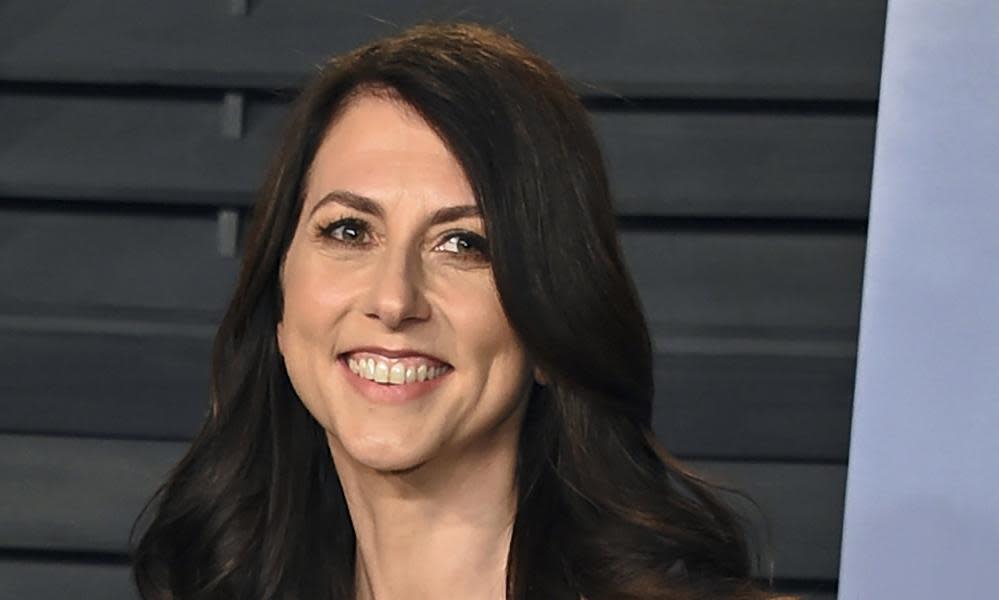A million dollars a minute: the rise and rise of philanthropy

When the historians of the future look back on the early 21st century, there will be no shortage of ways to label the epoch: the Age of Extinction; the Age of Anxiety; the Age of Fibbers and Self-Publicists; the Age of the Overcapitalised Newsletter.
But the more upbeat Upside historian may reach for a different epithet: the Age of Philanthropy. For one of the threads running through recent decades, as the rich have become richer and the poor more vulnerable, is the rise and rise of charitable giving.
In the US alone, giving has risen almost tenfold in the past 40 years, from about $48bn a year in 1980 to $471bn (£338m) in 2021 – almost a million dollars a minute. Even when adjusted for inflation, this is a threefold increase.
Barely a week goes by without another squillionaire handing over sums equivalent to the GDP of an entire country to startled beneficiaries. This week it was MacKenzie Scott’s turn (again). The donation a cool $2.7bn.
But is this a good thing? Two things seem to have happened in parallel over the past couple of generations. Globalisation has made a few people so rich that they simply cannot give their money away fast enough. And at the same time, the state has retreated so far from social provision that need is everywhere.
Related: The Upside – sign up here for a weekly digest of pure optimism emailed to you every Friday
So our questions to you this week: are philanthropists or governments better at channelling money where it needs to go? What to make of people who make a fortune through the depredations of capitalism, only to atone by giving much of it away? Would it not be better if states orchestrated this wealth redistribution via the taxation system?
Do get in touch in the usual way. And if you’re feeling a little philanthropic yourself, you know what to do.
Otherwise, this week we saluted:
• This year’s prize for defending your town from merchants of filth. 90-second read
• Eyes, lightbars and exorcising trauma. Two-minute read
• How old plastic bottles can now be converted into vanilla flavouring. Yes, really. Two-minute read
• How the oceans were protected by the smallest nations on Earth. Three-minute read

• The happiest story of the week. Three-minute read
Lucky numbers
The US consumed record amounts of renewable energy in 2020.
Vermont became the first US state to vaccinate 80% of its population.
The collapse of Danish footballer Christian Eriksen has triggered a surge in Britons inquiring about getting CPR training, according to the UK’s St John ambulance service.
What we liked
This is as curious as it sounds: should we scrap driving tests? From Vice.
And while we are talking about learning a new skill, it seems that not practising is almost as important as practising.
Meanwhile, these are gorgeous: new pictures of Earth from the International Space Station.
And it was a busy old week for whales: firstly there was the modern-day Jonah who survived being swallowed whole by a humpback. And secondly, there were the fishers who found a fortune inside another ocean giant.
Where was the Upside?
In the US decision to make Juneteenth a federal holiday.
Also with a new report that concludes that ageing and mortality are inevitable facts of life. After all, who wants to live for ever?
Get in touch
If you have any questions or comments about any of our newsletters please email newsletters@theguardian.com

 Yahoo Movies
Yahoo Movies 
